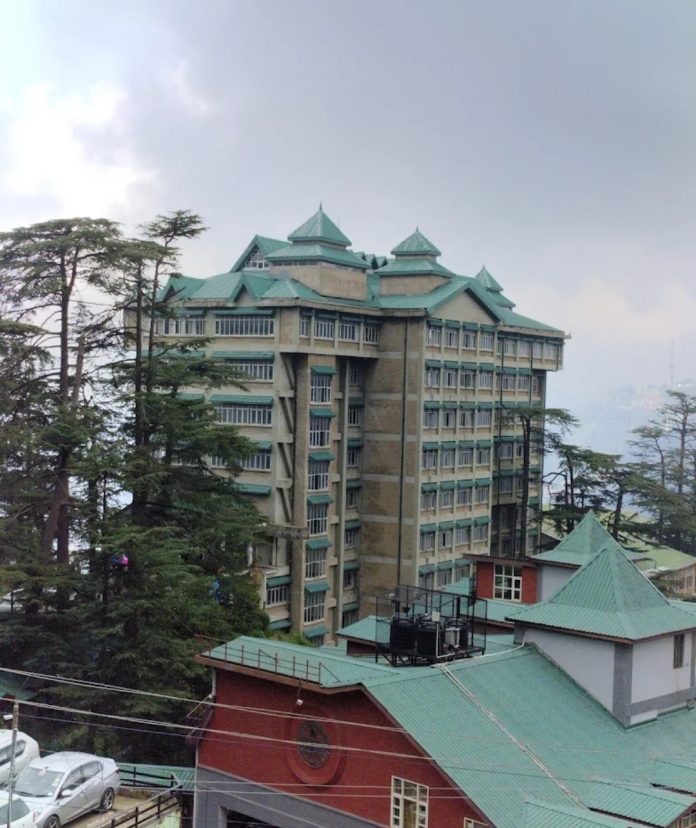New Delhi – The Himachal Pradesh High Court has ruled that praising another country without denouncing India cannot be treated as sedition, as it does not amount to incitement of rebellion or separatist activity, reported the Wire.
The order came on August 19, when Justice Rakesh Kainthla granted bail to Suleman, a fruit vendor from Paonta Sahib in Sirmour district, who had been in custody since June 8. Suleman had surrendered following an FIR filed against him under Section 152 of the Bharatiya Nyay Sanhita (BNS) 2023 for allegedly sharing an AI-generated photograph of Prime Minister Narendra Modi on Facebook with the words “Pakistan Zindabad”.
The FIR, registered on May 27 by an acquaintance of Suleman, accused him of writing “in favour of Pakistan” and “against the Prime Minister.” However, Suleman maintained in his bail application that he was innocent and had been falsely implicated. His counsel argued that merely writing “Pakistan Zindabad” could not be considered a call for hatred or rebellion, citing earlier rulings of the same High Court.
The state’s counsel contended that such posts were “anti-national,” especially given the strained relations between India and Pakistan. But Justice Kainthla rejected this argument, observing that the complaint did not establish any evidence of hatred or discontent being directed against the government of India.
“Hailing a country without denouncing the motherland does not constitute an offence of sedition because it does not incite armed rebellion, subversive activities, or encourage separatist feelings,” the court stated in its order.
The judge further noted that there was “insufficient material” to link Suleman to the alleged offence, thereby granting him bail.
Section 152 of the BNS 2023, which has replaced the sedition law under Section 124A of the Indian Penal Code, criminalises “acts endangering the sovereignty, unity, and integrity of India.” While the section does not explicitly use the word “sedition,” its broad scope has raised concerns among legal experts.
Earlier this month, the Supreme Court offered protection from coercive action to the Foundation for Independent Journalism, which owns The Wire, and its founding editor Siddharth Varadarajan, after the Assam Police filed an FIR against them under the same provision for a report critical of the government’s handling of defence matters.
Experts have repeatedly warned that Section 152 of the BNS remains vague and could be prone to misuse, given the lack of clarity on what constitutes an act that truly “endangers” sovereignty and unity. According to The Hindu, the absence of a requirement to prove a direct link between speech and actual consequences before restricting personal liberty makes the section vulnerable to abuse, posing a threat to freedom of speech and media independence.




